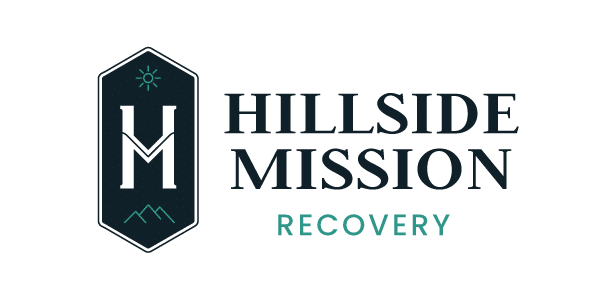Millions of people struggle with addiction every day. Part of dealing with addiction is understanding that addiction is not a medical disorder or problem that can be treated temporarily and goes away. Addiction is a disease. Treatment and recovery is a continuously ongoing process that patients will deal with for a lifetime.
We here at Hillside Mission Recovery are dedicated to helping our clients and others understand addiction. We’ll begin by explaining addiction and how it affects the person’s body and mind. Next, we’ll answer the question “how is addiction a disease?” Understanding that addiction is a disease is key to getting proper treatment and staying on the path to sobriety.
Lastly, we will cover how treatment can help if your loved one is struggling with addiction.
What Is Addiction?
Addiction, at its core, is the repeated use of a substance or the continuation of behavior even though it is harmful. To be more specific, it is a complex disease that affects the body, the brain, the emotions, and the social well-being of the individual who is addicted.
Addiction can come from many places. A person may become addicted to a prescribed substance thanks to prolonged use. In other cases, a person may seek out a substance or behavior because they like the feeling that it produces for them. Others may turn to addictive behavior as a coping mechanism for physical or mental trauma, mental disease, or other outside factors that push them towards abuse.
Because of the way that it affects multiple parts of the body, addiction can come in many forms and can affect each individual very differently. This makes finding treatment and staying sober after treatment a potentially difficult journey. Having professional and individualized care is crucial to getting onto the path to sobriety.
How Is Addiction a Disease?
The reason why addiction is a disease and not simply a medical problem is due to the fact that it impacts many areas of the body at once, and the compulsion to abuse a substance or behavior persists even after treatment. The purpose of treatment is to get the addicted client clean of the substance or behavior and confront the physical, emotional, mental, and social factors that led to the behavior.
There is no cure for addiction. Addicts need proper treatment to overcome the addiction, combined with aftercare and support to continue on the path of sobriety. Like we talked about, the effects of addiction can range from physical symptoms to emotional problems, mental disease, and even trouble in social circles. The longer a person is addicted, the more damage the substance can do to their overall health and their lives.
Understanding “how is addiction a disease?” is the first step to getting the proper treatment your loved ones need. It’s not just about getting the drug out of their system, it’s about teaching life skills to cope with the root causes of the addiction and giving patients the tools to cope with day-to-day life and the stresses and patterns that lead to abuse.
What to Do if Your Loved One Is Struggling With Addiction
Now that we’ve explained “how is addiction a disease?” we hope you have the information you need to get help for your loved ones.
The first step to getting your loved ones the help they need is getting them to accept that they need treatment. Addiction won’t go away or get better on its own and the only right way to get treatment is with trusted medical professionals at a place like Hillside Mission Recovery.
There are three stages to treatment at Hillside Mission Recover: detox, inpatient treatment stays, and aftercare. At Hillside Mission, we’re focused on your individualized recovery in an environment that is calm and stress-free.
Detox is the process of getting the addictive substance out of the body in a medically supervised space that is safe for the client.
This is followed up by an inpatient stay at our luxury treatment center where we focus on getting to the root of addiction and giving clients the tools they need to stay sober after treatment ends.
Aftercare is the final piece of the treatment puzzle. Aftercare involves connecting clients with resources and services that provide continued peer support, counseling, and other services that last long after treatment ends.
When it’s time to get your loved ones the treatment they need, trust Hillside Mission Recovery to be there for you. Contact us today.






